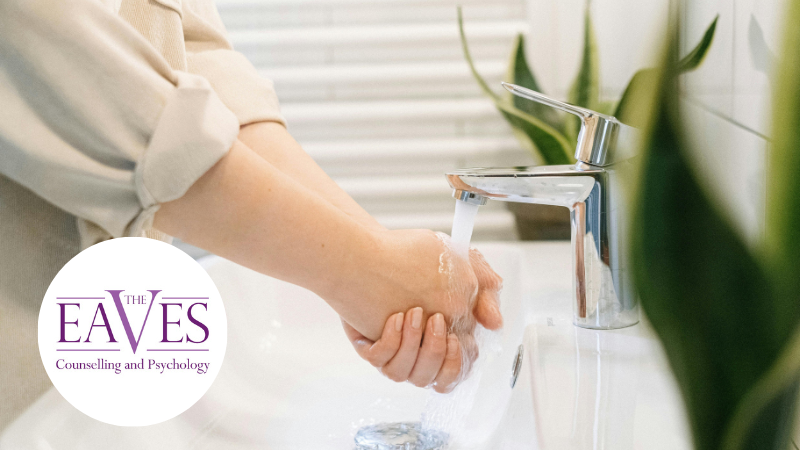Obsessive Compulsive Disorder – Much More Than Hand Washing
What is Obsessive Compulsive Disorder?
OCD by definition is a common, chronic, and long-lasting disorder in which a person has uncontrollable, reoccurring thoughts and/or behaviours that they feel the urge to repeat over and over. The term OCD is one that is often used as a diluted term for a person who likes things in a particular way, or has a degree of perfectionism. In reality, obsessive compulsive disorder is a debilitating mental health condition which can have a detrimental impact on one’s life.
Although symptoms can range widely, OCD has two categories that these can be separated into: Obsessions and Compulsions.
Obsessions – These are unwanted and unpleasant thoughts, images or urges that repeatedly enter your mind, causing feelings of anxiety, disgust or unease. For example:
– Fear of contamination through dirt, germs, chemicals, sticky substances etc.
– Fear of accidentally harming yourself or others
– Symmetry or exactness – the need to have things in a particular way
– Often obsessions are fed through fear. For example, a person with OCD might feel the need to organize something perfectly, or they would fear something terrible would happen to a family member.
Compulsions – these are repetitive activities that reduce the anxiety caused by the obsession. For example:
– Performing actions according to particular intervals or patterns, such as bathing a particular number of times, tapping an object, or ensuring that a person has a certain number of a particular item
– Compulsive cleanliness such as repeated hand-washing, disinfecting, or cleaning
– Compulsive skin picking or hair pulling
To relieve the intensity of the obsessive thought, a person with OCD will perform a compulsive action to feel some relief, or to prevent something terrible happening.
During the COVID-19 pandemic, studies have shown the presentation of OCD symptoms, behaviours and diagnosis have spiked dramatically with more and more people seeking GP’s advice.
When should you get help?
If you are experiencing symptoms of obsessive-compulsive disorder, you might benefit from consulting with a behavioural health provider. Getting help sooner, rather than later, can help you avoid growing feelings of anxiety and distress while helping you learn tools to manage your symptoms over time.
If you are struggling with symptoms similar to these, The Eaves can help you. Please get in contact with us by submitting a webform under our ‘Contact’ tab, or call us directly on 01483 917000 to speak to one of our referrals team.
Resources
https://www.oxfordhealth.nhs.uk/wp-content/uploads/2020/05/CV-and-OCD-final.pdf
https://www.ncbi.nlm.nih.gov/pmc/articles/PMC8557101/
https://www.bbc.co.uk/news/av/health-55045972
The Eaves Counselling and Psychology
The Eaves Counselling and Psychology Ltd is a select professional body of Counsellors, Psychotherapists and Psychologists, providing high quality psychological care Monday to Saturday between 9am and 9pm from our practices in Guildford, Godalming, Farnham, Haslemere and online.
Find your practitioner in five easy steps
Are you a business owner or would like more support from your job? The Eaves’ own Employee Assistance Programme (EAP) service for small to medium businesses is easy, affordable and gives staff instant access to our large team of in-house Counsellors and Psychologists at a time and date to suit them. Contact us to find out more about our EAP service
If you need immediate support please find our list of useful contacts

